Common Cross-Sectional Shapes for Steel Columns
I-Beam and Wide Flange Sections
I-beam and wide flange sections are among the most widely used cross-sectional shapes for steel columns. These profiles feature two parallel flanges connected by a web, forming an "I" shape when viewed from the end. I-beams are characterized by their efficient material distribution, providing excellent strength-to-weight ratios. Wide flange sections, also known as H-sections, offer even greater stability and load-bearing capacity due to their wider flanges.
At Zhongda Steel, we've taken the traditional H-section design a step further with our innovative double H-shaped steel welded assembly. This unique configuration enhances lateral stiffness by up to 40% compared to conventional columns, making it an ideal choice for high-rise building frames and industrial equipment supports.
Box and Tubular Sections
Box and tubular sections are hollow structural shapes that offer superior torsional resistance and uniform strength in all directions. Square and rectangular hollow sections (SHS and RHS) are popular choices for cross-section column applications due to their clean aesthetic and ease of connection. Circular hollow sections (CHS) provide excellent compression resistance and are often used in architecturally exposed applications.
Our engineering team at Zhongda Steel can customize these cross-section column tubular sections with our proprietary honeycomb beam hole design, reducing self-weight by up to 20% without compromising structural integrity. This innovative approach allows for more efficient material use and easier integration of building services.
Cruciform and Built-Up Sections
Cruciform sections, formed by welding two I-beams or plates together in a cross shape, offer exceptional stability and equal strength about both axes. Built-up sections, created by combining multiple standard shapes or plates, allow for customized solutions to meet specific project requirements.
Zhongda Steel's expertise in BIM-driven prefabrication enables us to design and manufacture complex built-up sections with precision. Our state-of-the-art facility, equipped with ultra-thick plate cutting technology accurate to ±0.2mm, ensures that even the most intricate cross-sectional shapes are produced to the highest standards.

Factors Influencing Cross-Sectional Shape Selection
Load-Bearing Requirements
The primary consideration in selecting a cross-sectional shape for a column is its ability to withstand the anticipated loads. Different shapes excel in various loading scenarios. For instance, wide flange sections are excellent for resisting bending moments, while box sections offer superior resistance to torsional forces.
Zhongda Steel's cross-section columns, with their enhanced lateral stiffness, are particularly well-suited for high-load applications. Our products have been integral to numerous high-profile projects, including the 18,000-ton Shenyang Dongta Cross-Hunhe River Bridge, demonstrating their exceptional load-bearing capabilities.
Material Efficiency and Weight Considerations
In modern construction, optimizing material use is crucial for both economic and environmental reasons. The cross-sectional shape plays a significant role in determining the overall weight and material efficiency of a column. Hollow sections often provide an excellent balance between strength and weight, while I-beams and H-sections offer efficient material distribution for primarily axial and bending loads.
Our innovative honeycomb beam hole design at Zhongda Steel addresses this concern directly, allowing for a 20% reduction in self-weight without compromising structural performance. This feature not only saves material but also facilitates easier handling and installation on-site.
Architectural and Aesthetic Requirements
The visual impact of structural elements is increasingly important in modern architecture. Some cross-sectional shapes, such as circular hollow sections or sleek H-sections, may be preferred for their aesthetic appeal in exposed applications. The choice of shape can significantly influence the overall look and feel of a building or structure.
Zhongda Steel offers a range of customization options, including specialized coatings and finishes, to enhance the durability and aesthetics of our cross-section columns. Our ability to tailor solutions to specific project requirements ensures that structural performance and visual design work in harmony.
Innovations in Cross-Sectional Column Design
Composite Columns
Composite columns, which combine steel sections with concrete, represent a significant innovation in structural design. These hybrid solutions leverage the strengths of both materials, offering enhanced fire resistance, increased load-bearing capacity, and improved durability. Common configurations include concrete-filled tubular sections and encased I-sections.
At Zhongda Steel, we're at the forefront of composite column technology, offering design and manufacturing expertise for these advanced structural elements. Our BIM-driven approach ensures seamless integration of steel and concrete components, optimizing performance and constructability.
High-Strength and Weathering Steel Applications
The development of high-strength steels has revolutionized cross-section column design, allowing for more slender profiles and increased load-bearing capacities. Weathering steels, which form a protective patina over time, offer enhanced corrosion resistance for exposed applications.
Zhongda Steel specializes in working with advanced materials, including our -60°C Weathering Steel Anti-corrosion Technology. This innovative solution provides exceptional durability in harsh environments, making it ideal for cross-section column projects in extreme climates or corrosive industrial settings.

Adaptive and Smart Column Systems
The future of cross-sectional column design lies in adaptive and smart systems that can respond to changing loads and environmental conditions. These advanced columns may incorporate sensors, actuators, and smart materials to optimize performance in real-time, enhancing safety and efficiency.
While still in the early stages of development, Zhongda Steel is actively researching and investing in these cutting-edge technologies. Our commitment to innovation ensures that we remain at the forefront of structural engineering advancements, ready to meet the challenges of tomorrow's construction projects.
Conclusion
The diversity of cross-sectional shapes for columns reflects the complex demands of modern structural engineering. From traditional I-beams to innovative composite and smart column systems, each design offers unique advantages for specific applications. At Zhongda Steel, we combine cutting-edge technology with decades of expertise to deliver cross-section columns that excel in performance, efficiency, and versatility. Our commitment to innovation and quality ensures that we provide optimal solutions for any structural challenge, from high-rise buildings to industrial facilities and infrastructure projects worldwide.
Contact Us
Ready to elevate your next project with Zhongda Steel's advanced cross-section columns? Experience the perfect blend of innovation, strength, and efficiency. Contact us today at Ava@zd-steels.com to discover how our customized solutions can bring your structural vision to life.











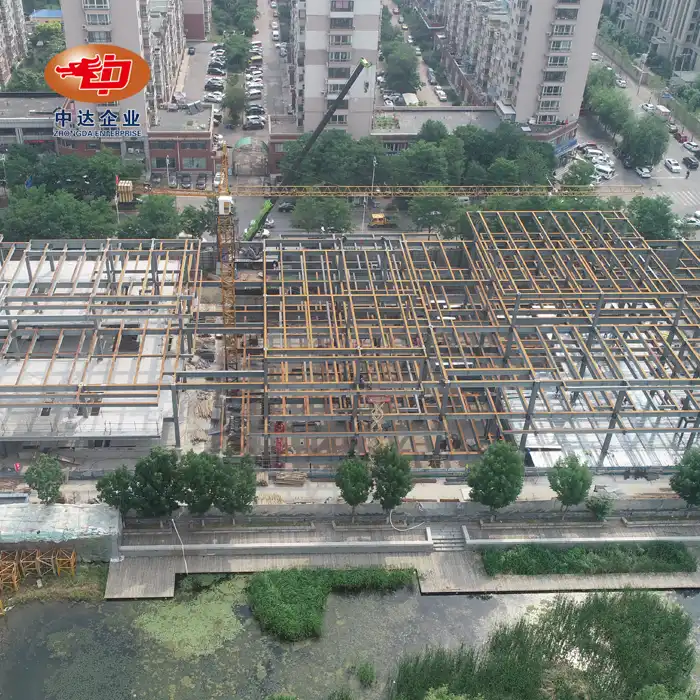
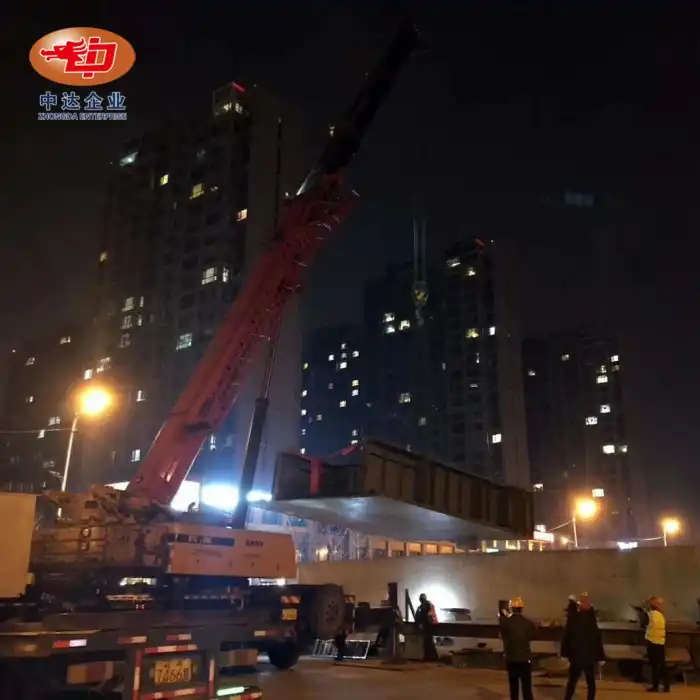
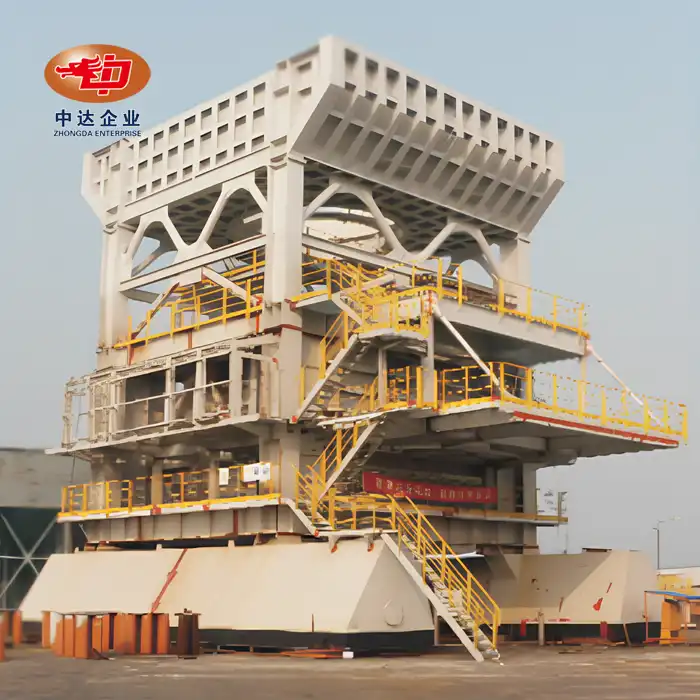
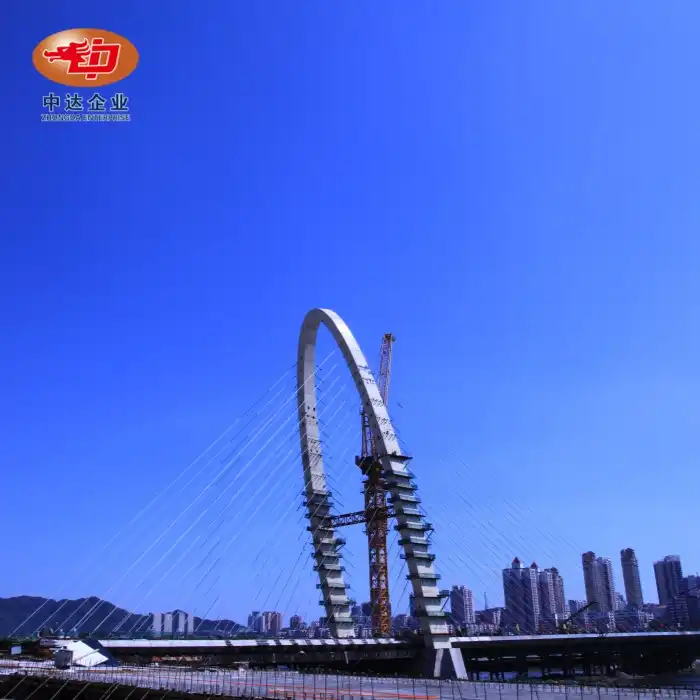
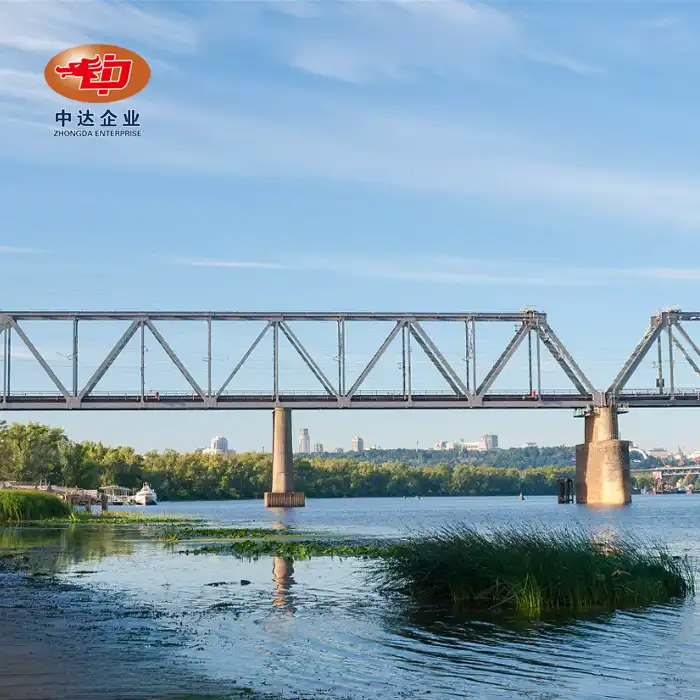
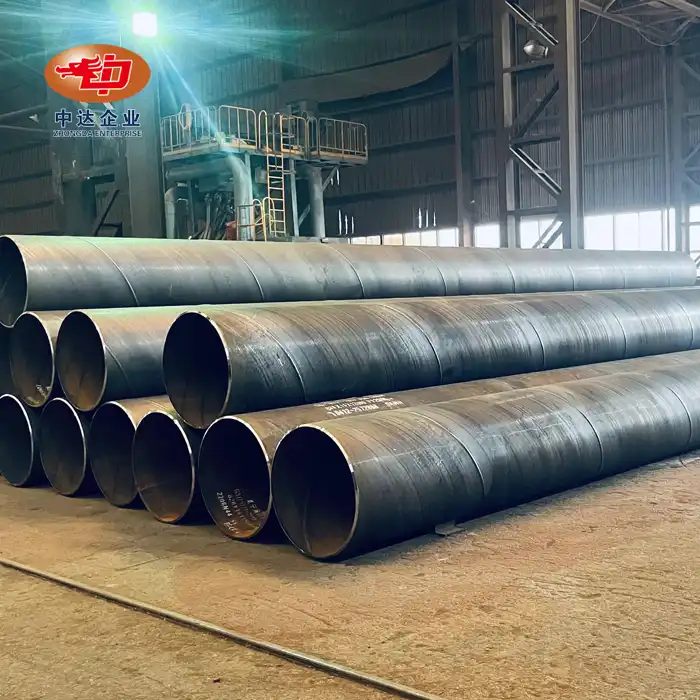
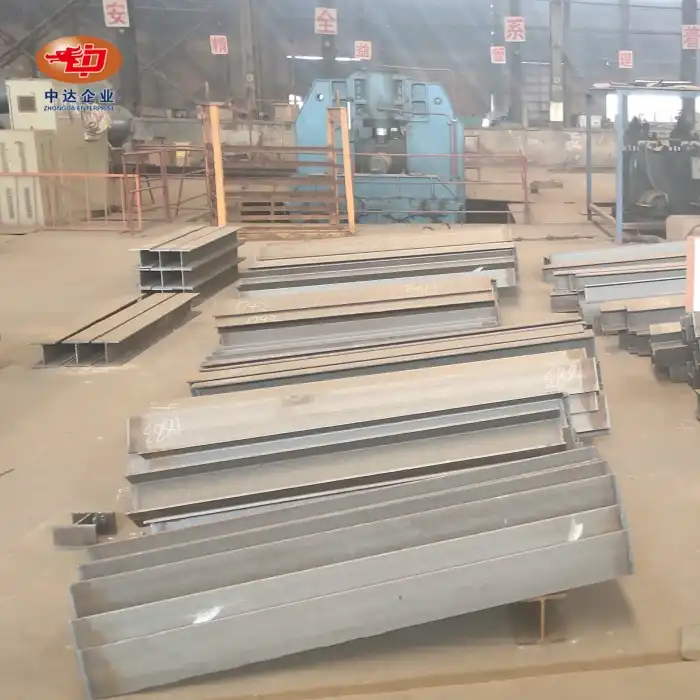
_副本_1758525665999.jpg)
